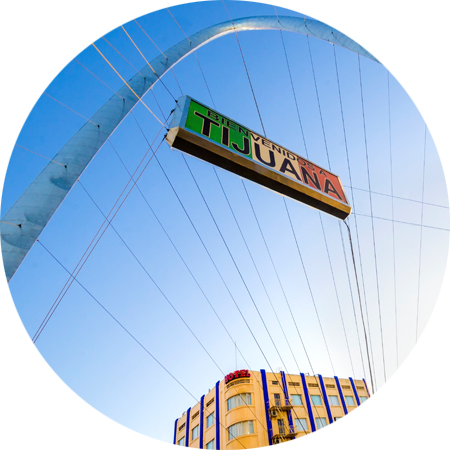San Diego-Tijuana Cross Border Underage Drinking Project
The IPS-led Border Project focused on underage youth crossing the border between San Diego and Mexico to consume alcohol in Tijuana. Goals included reducing the injuries, auto fatalities, fights, and assaults that resulted when intoxicated youth returned to San Diego.
Through a comprehensive set of interventions, the project was successful in advancing several prevention policies. These included restrictions on Tijuana drink specials and promotions, restrictions on related promotions and signs, and the banning of advertising designed to lure minors from San Diego to drink in Tijuana. Together, these reduced the number of underage youths crossing the border to drink in Mexico by 95 percent, down from 11,000 to 300 per night. There were also 37 percent fewer border crossers with a blood alcohol content that was over the legal limit and a 45 percent reduction in youth nighttime auto crashes.
The Project featured community engagement through a Binational Policy council made up of influential community members from both sides of the border. In partnership with multiple law enforcement agencies, IPS also conducted a high-profile media campaign focusing on DUI vehicle checks in the border region. Volunteers from youth groups were employed, handing out fliers to draw media attention to cross-border drinking.
IPS collaborated with the Pacific Institute for Research and Evaluation (PIRE) on the planning and implementation of the project. With IPS taking the lead in media advocacy and PIRE conducting the evaluation component, the project became a SAMHSA model program.

